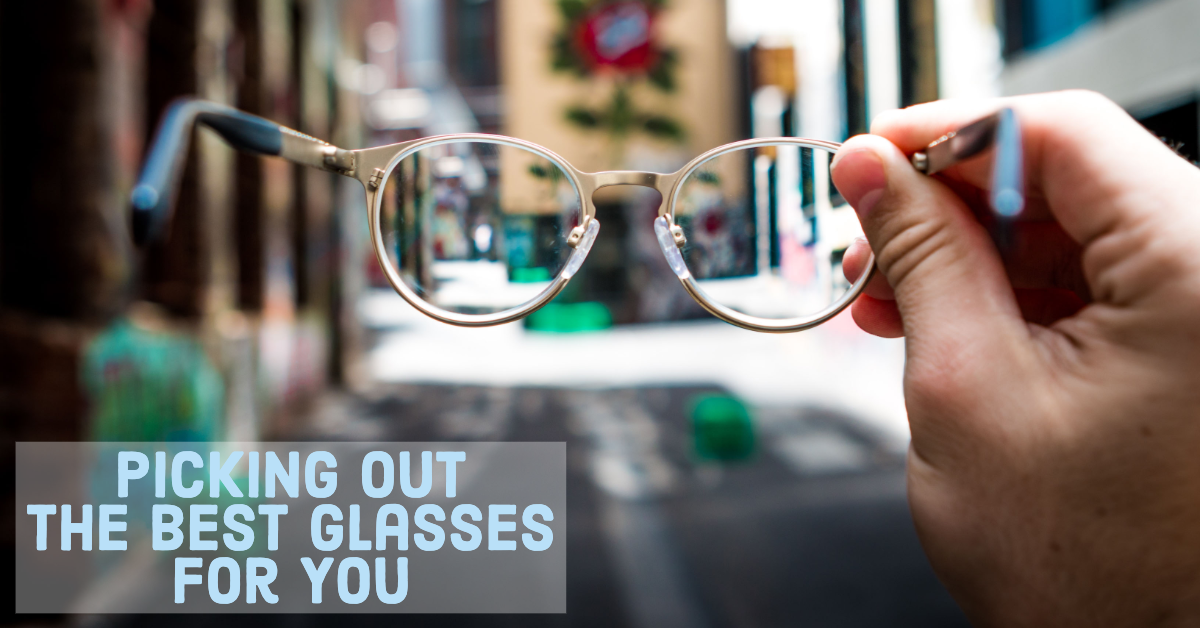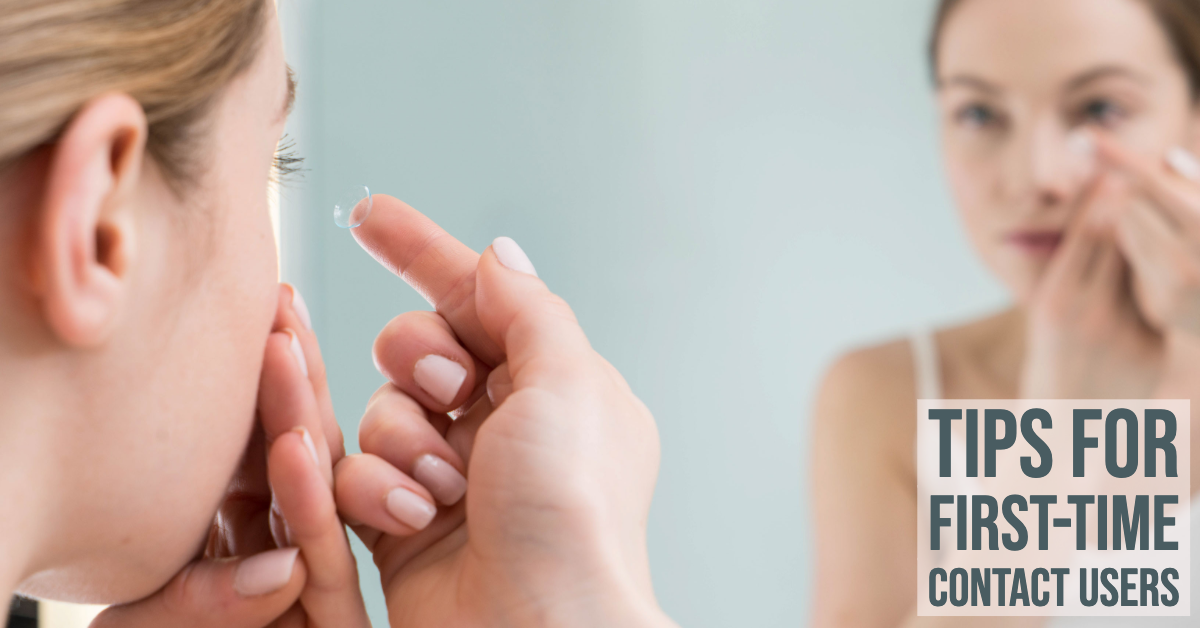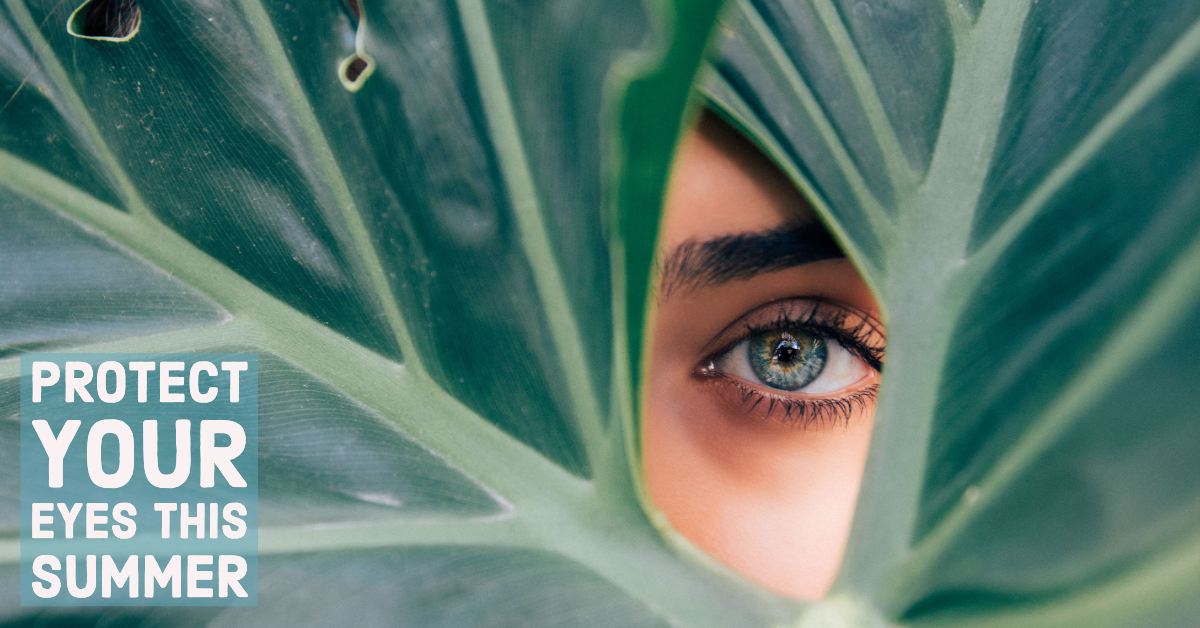In 2018, news outlets across the country began reporting on the negative effects blue light can have on your eyes. The alarmist articles claimed that blue light was more dangerous than previously thought, and was the source of everything from premature blindness to macular degeneration. These articles spurned a panic among the general public, as people realized that blue light was everywhere they looked, from their televisions to their smartphones. Seemingly overnight, this frenzy birthed new industries in blue light mitigation, such as ‘smart glasses’ and phone covers that reduced blue light. Everywhere you went, you heard about how terrible blue light was for your eyes.
However, the general public’s fear of blue light was unwarranted, and the hysteria unfounded. The articles that vilified blue light fundamentally misunderstood the very research paper they quoted. They cited dangers out of context and associated results without understanding the science behind them.
Understanding light
Light is a complicated topic, but a general background is necessary to understand blue light, and how it affects you. Without getting too deep into the physics of it, light is a type of energy in the form of a spectrum of wavelengths. This spectrum includes both visible and invisible forms of light. In this spectrum, the human eye has a specific range of frequencies that it can perceive, which makes up visible light. Lower frequencies and longer wavelengths result in what we perceive as red, orange and yellow, whereas higher frequencies and shorter wavelengths become blue, indigo and violet. There is an inverse relationship between wavelength and the amount of energy they contain. The longer wavelengths of red and orange contain less energy than the shorter wavelengths of blue and violet. Even shorter wavelengths become invisible and carry even more energy. These are known as ultraviolet rays or ultraviolet radiation.
UV rays aren’t inherently bad, but they do have a noticeable effect on the body. Though they are the source of sunburn, in moderation they help the body manufacture vitamin D and make you feel more alert and awake. Visible light with shorter wavelengths such as blue and violet can have similar effects.
Most light that we encounter every day is white light. White light is the entire spectrum of visible light, including blue light, combined at equal intensity, such as sunlight, or incandescent bulbs. Sunlight will always be the largest source of everyday interaction with blue light. However, with the advent of LED technology, we’re becoming more exposed to lopsided white light, with a greater intensity of blue light. The vast majority of LED screens incorporate more blue light with other colors to produce a brighter picture. This is why smartphone and tablet screens are considered blue light, even though they’re a near insignificant source when compared to sunlight. It’s this increase of blue light that caused the media frenzy of 2018.
The research
The reason blue light is considered damaging came from a misunderstanding of research out of the University of Toledo. The researchers were specifically measuring the effect blue light has on retinal, an important chemical in the eye. While they came to the conclusion that blue light can have a negative impact on retinal, saying that blue light causes blindness is an oversimplification. The experiment measured the effect of blue light exclusively on the chemical retinal, and not how an actual eye responds to blue light. The retinal cells were not exposed to blue light the same way they would have been in a natural setting. It was a controlled environment, measuring an isolated cause and effect. In short, while scientifically sound, the research could not be directly translated to blue light’s effect on eyesight. However, news outlets took that conclusion and considered its causation.
If not blue light, then what?
After staring at a screen for several hours, your eyes often hurt and you can feel discomfort. While this is usually associated with blue light, as we’ve learned, that is not the case. While people typically blink around 15 times a minute, studies have shown that we blink about a third as often while focusing on screens. This causes eyes to dry and general discomfort. Furthermore, while blue light is notably not a cause of premature blindness, its effects shouldn’t be disregarded. Blue light does mimic the effects of sunlight such as increased alertness, which can have an effect on circadian rhythm. It is suggested that you try and reduce your exposure to screens for two to three hours before bed.








